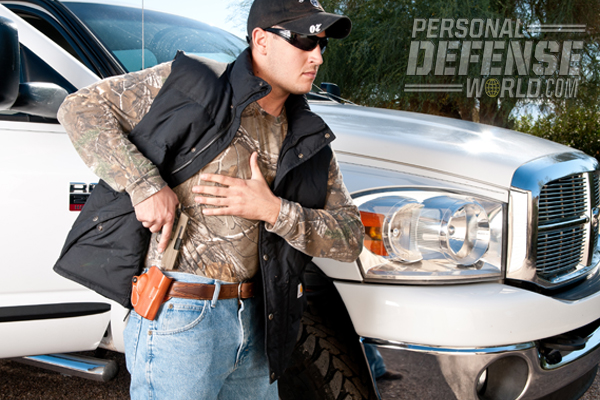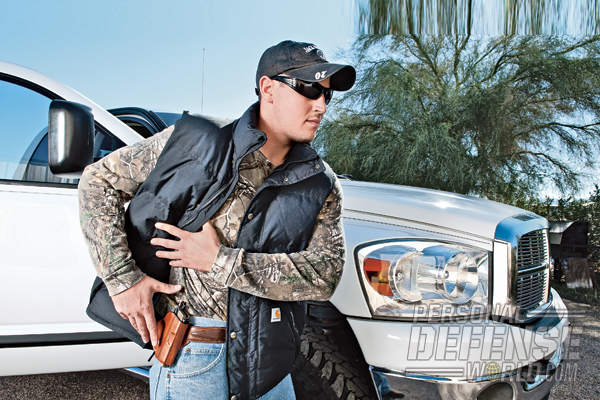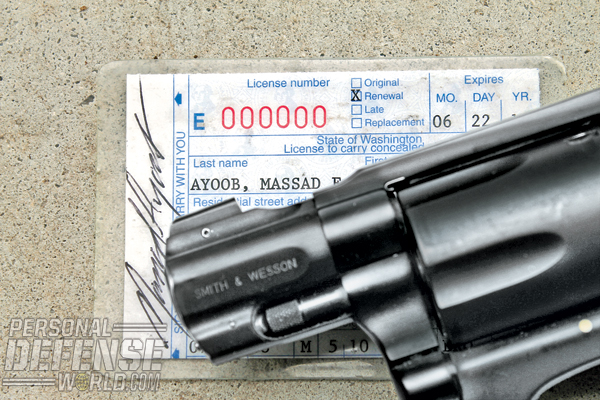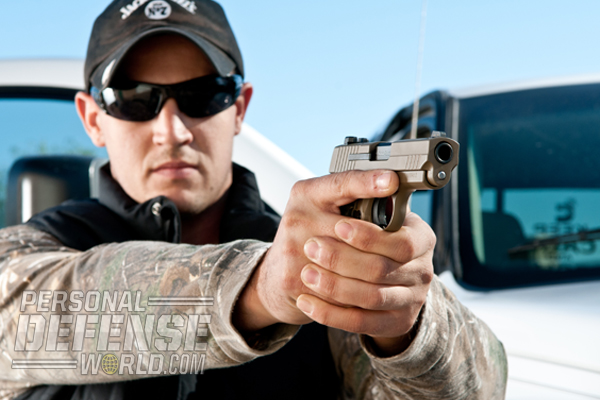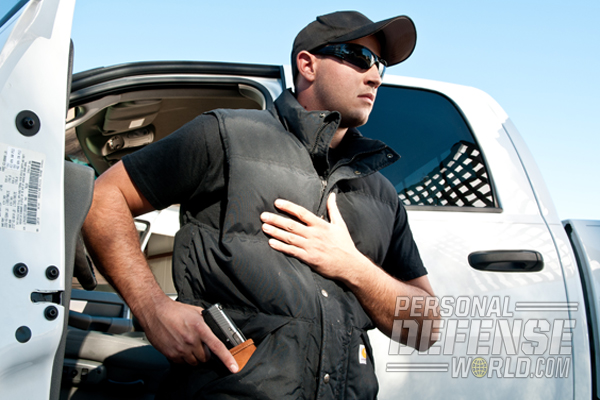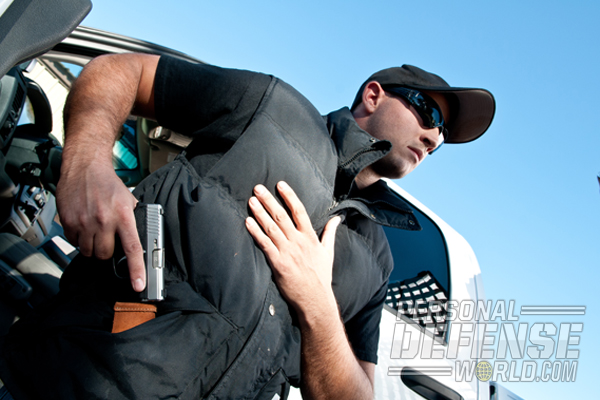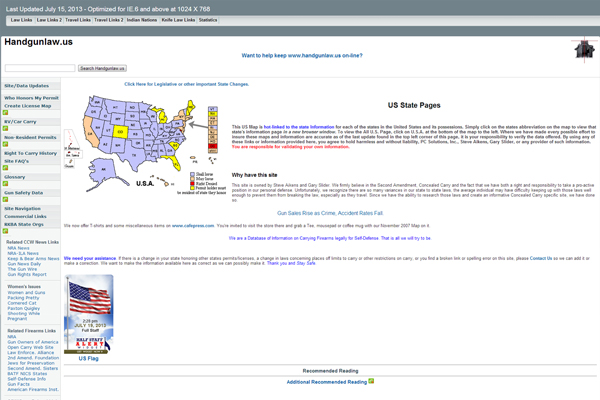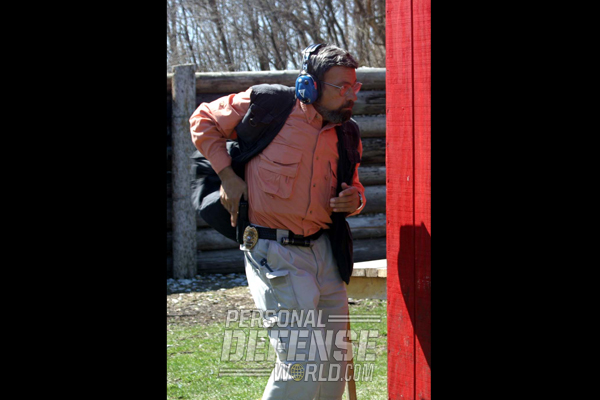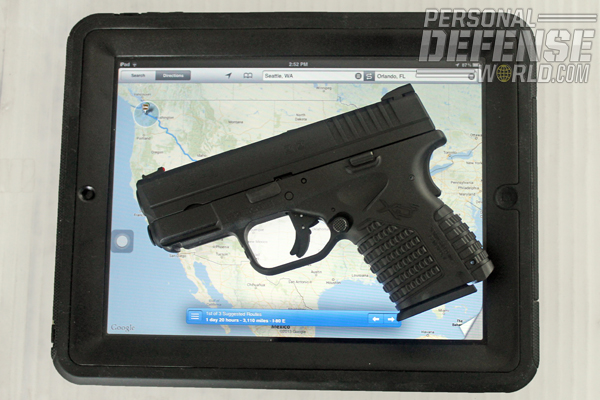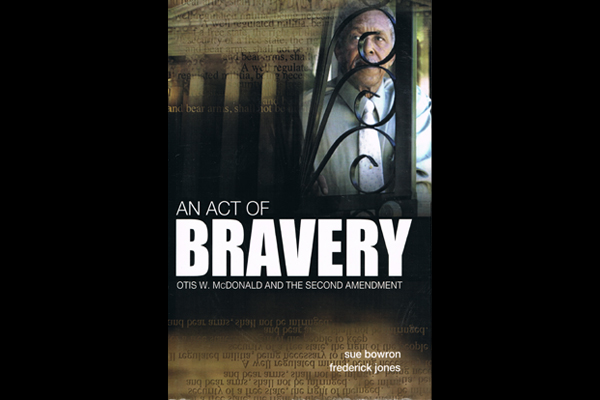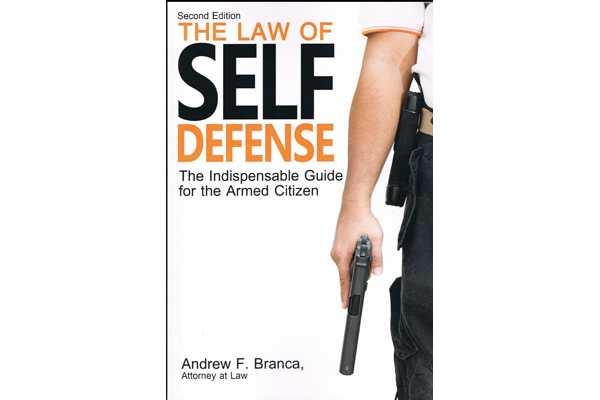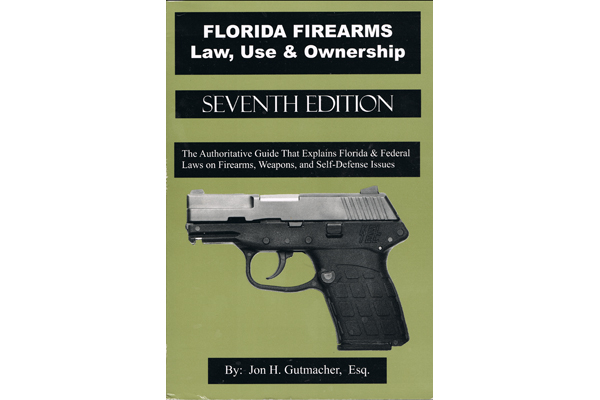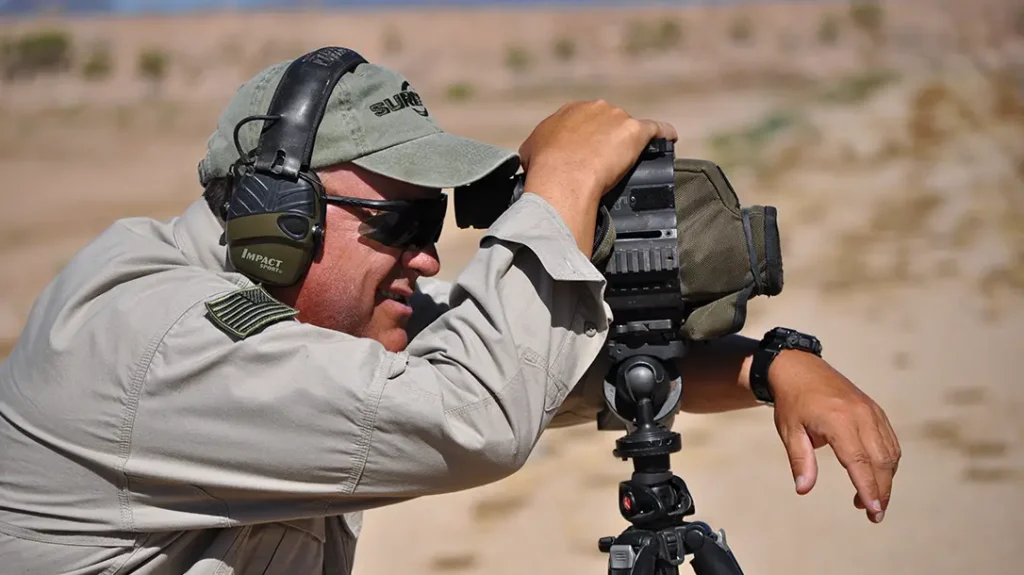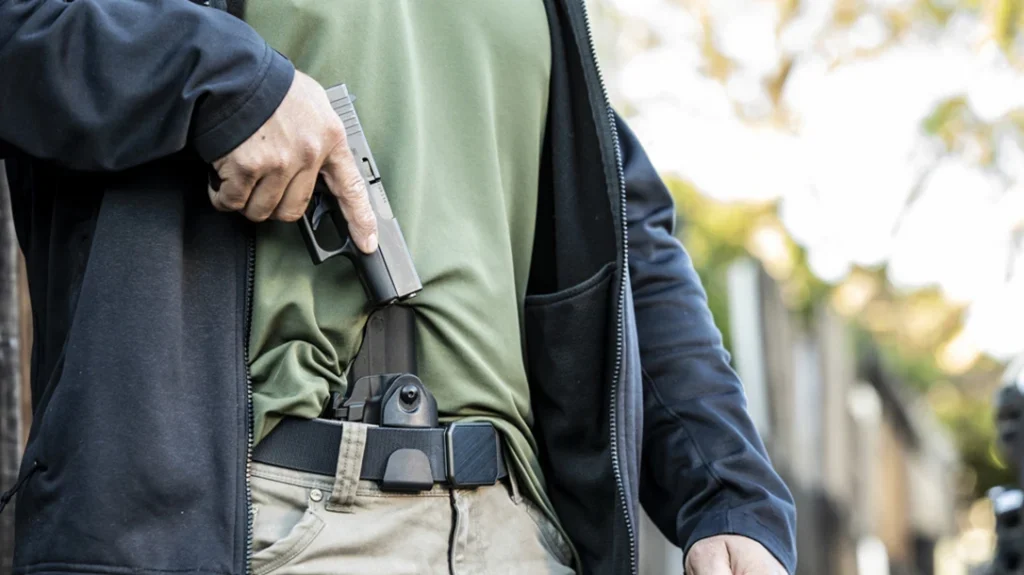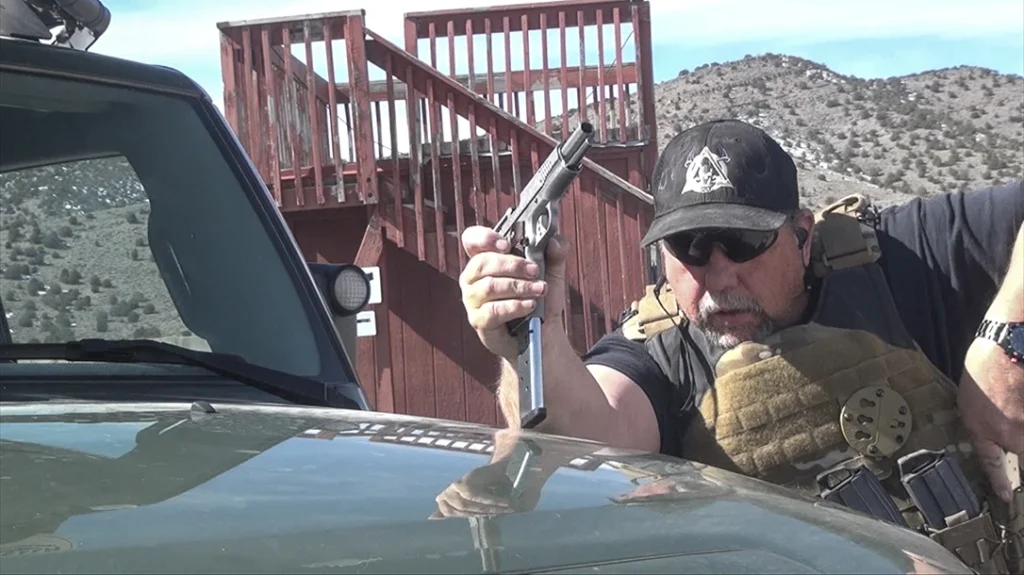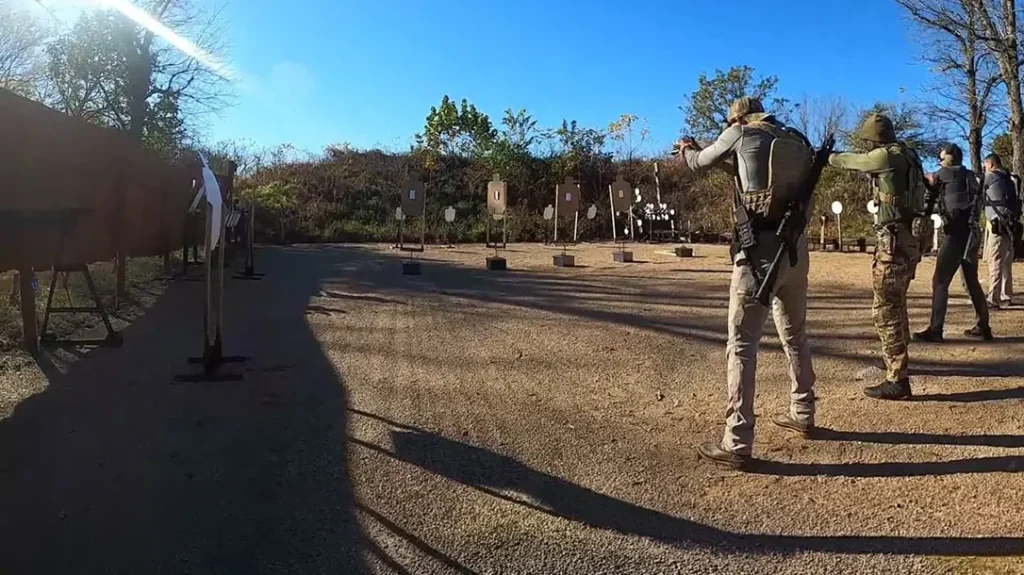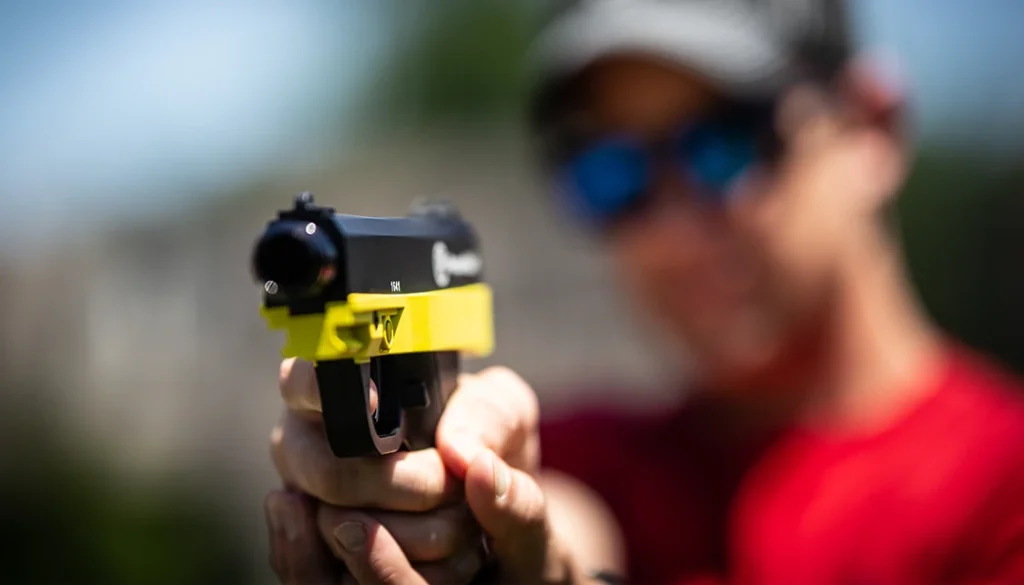In July of 2013, a shall-issue concealed carry bill finally passed in the state of Illinois. It was a huge step forward for the people who lived there, but it also marked the end of the era when it was illegal for a private citizen to carry a loaded and concealed handgun out in public in a state in our union.
“Shall issue carry” means that the issuing authority is required to grant the permit to the law-abiding applicant, or show good cause why not. “Good cause” generally meant a felony conviction or having been adjudicated mentally incompetent.
“We’re the only country in the world with a crazy patchwork quilt of laws like this…”
This doesn’t mean that we’ve won, of course. We still have many “may issue” states. In some states this means that it is left to the discretion of the authorities whether they’ll issue or not. Take Massachusetts, for example. For a non-resident permit issued by the state police, you generally need to show that you have some need to be armed, which goes beyond mere fear of crime. You’ll also find that sometimes the mood of the issuing authorities varies within a given state. Sacramento County in California right now is practically “shall-issue.” San Diego? Well, that’s tougher. Los Angeles? Bwa-ha-ha! You better be a movie star, or at least a producer.
Advertisement — Continue Reading Below
There are other states that have provisions for issuing concealed carry permits on their books but just aren’t issuing. The worst of these is Hawaii. For many years, there was only one permit in the city of Honolulu, the permit issued to the “civilian” armorer who serviced the department’s weapons. At one time there were two, but the newspapers got hold of it and made the police chief revoke the permit issued to his sister-in-law. I’m told that a relative handful have since been issued to private security professionals, but that’s not the same as granting private citizens the right to protect themselves and their families in public. The state of Maryland is likewise pretty grim on the concealed carry front, and the District of Columbia is worse.
We’re the only country in the world with a crazy patchwork quilt of laws like this. But we’re still fortunate in that there are a whole lot of countries that don’t allow for legal concealed carry at all. When we cross the stitch lines of those patches, however, we have to be extremely careful. You’ll run into five sets of laws in the 50 states. Let’s look at them, from best to worst.

Vermont-Model States
Advertisement — Continue Reading Below
These are the states where no permit is required to carry a loaded and concealed handgun, and it is simply forbidden to do so with malicious intent, or if one is a felon or has been legally determined to be mentally ill or incompetent. Vermont is also the first of three states that extends this courtesy to visitors from out of state, and has had this system in place for longer than any of us have been alive. It has worked out remarkably well, hence the term “Vermont Model.”
Some call this “constitutional carry,” but I for one have been swimming with the sharks of the courtroom seas long enough to be leery of that. Let’s say that you’re a visitor in one of these states—Vermont, Alaska or Arizona—and are carrying your gun under that law when you have to use it in self-defense. You’ll then find yourself in court. During cross-examination, opposing counsel asks you, “What authorizes you to carry that loaded, concealed deadly weapon in this state?” If you answer “constitutional carry,” you may have been led into quicksand. Some of the attorneys I’ve dealt with would then say “Constitutional? Do you refer to the Second Amendment right to keep and bear arms?” The logical and truthful answer is “Yes.” He might then say, “And do you know what any 15-year-old child taking civics in high school knows, that the arbiter of that Constitution is the Supreme Court of the United States?” You’ll have to answer again, “Yes.” And now will come the hammer blow: “Then, Mr. Defendant, I guess you never bothered to read Heller v. District of Columbia or McDonald, et. al. v. City of Chicago, where the Supreme Court expressly said that the states had the right to regulate the bearing of arms.” How will you answer that?
I’d much rather start with, “Sir, this jurisdiction expressly allows permitless carry.” That was the language the NRA used for a long time. With all the high-powered legal talent the National Rifle Association had on tap, do you think there might have been a reason for that?
Advertisement — Continue Reading Below
I understand and appreciate the resonant sound of “constitutional carry,” but I also don’t allow myself to be led into quicksand.
If you don’t like the dry sound of “permitless concealed carry” and need something with more of a ring to it, I would suggest “Vermont model.”

Total Reciprocity States
Advertisement — Continue Reading Below
For many years, Indiana and Michigan were the only states that recognized a concealed carry permit issued by another state. They still do, and thankfully, they’ve been joined by many more. May their tribe of reciprocity increase.
Limited Reciprocity States
Limited Reciprocity states recognize the permit from the state where you live if your state recognizes a permit issued in theirs. It is dependent upon an agreement between the attorney generals from those states, and that is subject to change. State A may dump reciprocity with State B when State B is seen to change their licensing requirements to something less stringent than those of State A.
Advertisement — Continue Reading Below
Notice that I’m not listing the limited reciprocity states by name? That’s because of how frequently they change their agreements. Today, electronic media keeps up with this sort of thing better than print. The single best source I can recommend to you is the website handgunlaw.us. Gary Slider and his team there maintain contact with all 50 states constantly to keep their website up to date. For you iPeople, the best smartphone app I’ve found for this is Legal Heat.
Non-Resident Carry Permits
Several states offer non-resident permits. In fact, that’s even written into the new Illinois law. You can find the details at handgunlaw.us and at Legal Heat. A resident Florida permit is good in pretty much all of the southern states. If you don’t mind working at it, it is possible for you to carry in all six of the New England states. Vermont, as noted earlier, requires no permit. New Hampshire has limited reciprocity, and a good policy on non-resident permits issued by the state police. Connecticut, Maine, Massachusetts and Rhode Island also offer non-resident permits, although specific reason is required in Massachusetts and Rhode Island. There are varying degrees of hoops and training requirements to go through. Massachusetts requires that you apply and pickup the permit in person. They also charge $100 per year, renewable annually. (Illinois is going to charge $300 for a non-resident permit, with a 16-hour training requirement, curriculum unspecified at this writing.) Rhode Island will want proof that you’ve passed a police-type qualification course.
Advertisement — Continue Reading Below
No Provision For Non-Resident Carry
Unless you’re a current or retired police officer under the provisions of the National Law Enforcement Officers Safety Act, or a serving law enforcement officer traveling in performance of your duties, there are certain places in the U.S. where you simply can’t get a permit to carry if you don’t live in that particular area. California and New York are two such jurisdictions. I don’t like that, but I can’t help you get around it. I fall back on advice my mother gave me when I was very young: “Son, do not go places where you are not wanted.” As a law-abiding citizen of the United States who chooses to responsibly carry a gun, I do not go places where my kind is not wanted. I spend my money elsewhere. That’s just one guy’s decision. Your choice, of course, is always your own decision.
We’ve made great strides toward personal freedom and personal safety in this country. We have more places where we can carry to protect ourselves and our family now than our nation has seen in many generations. We need to count our blessings even as we continue the fight.
